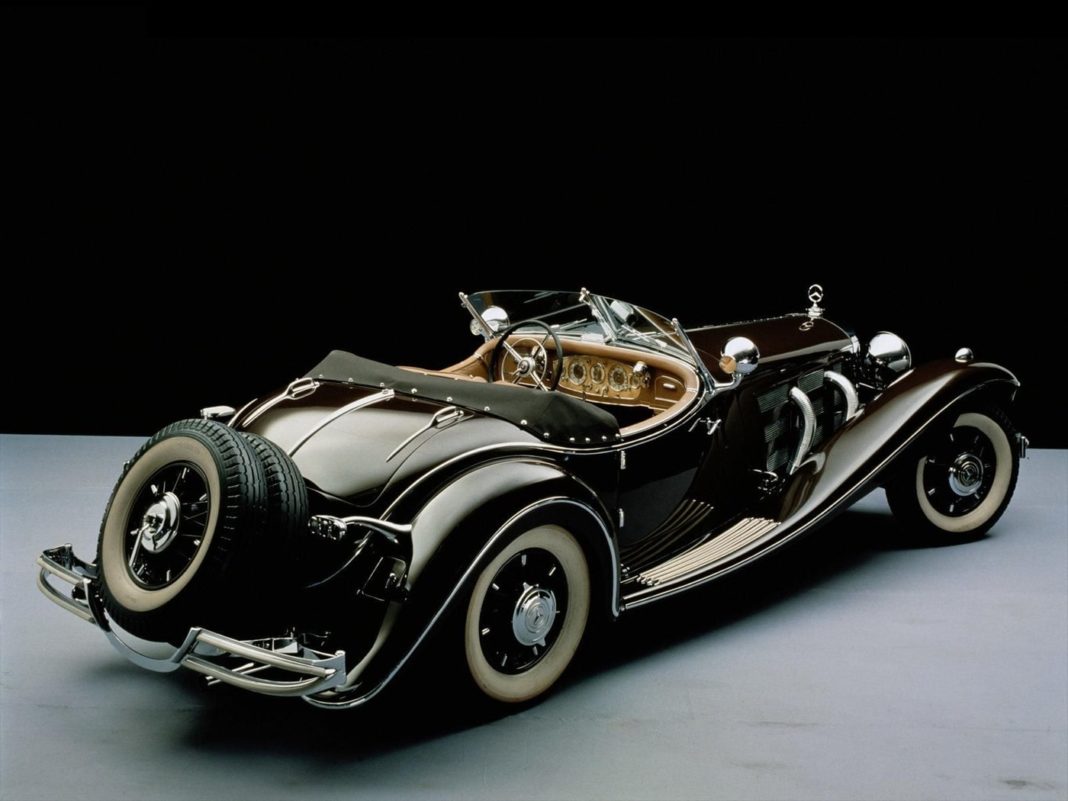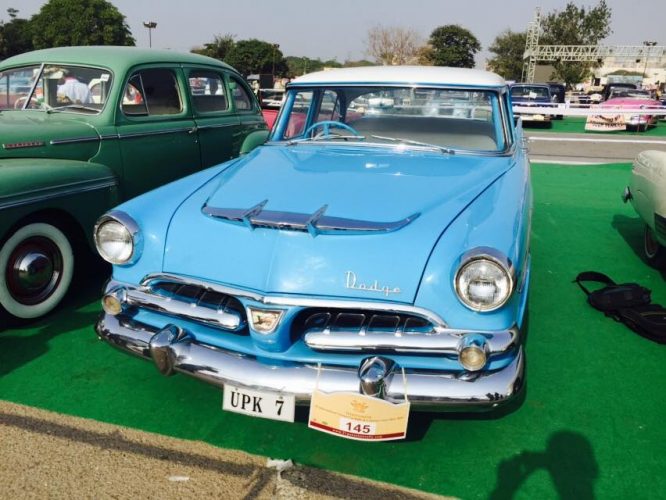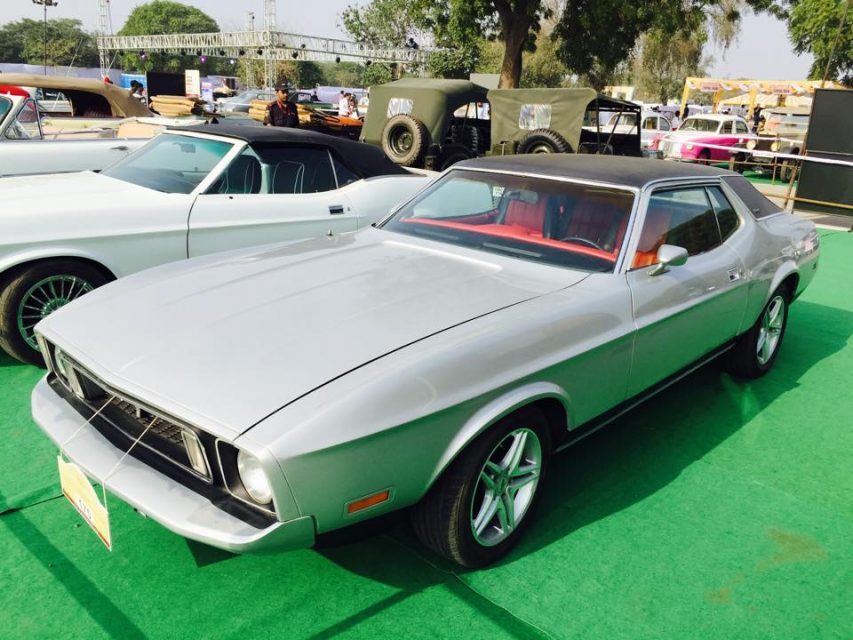
Vintage and classic vehicles in India will soon have a separate registration policy, which will likely come into effect before the year ends
The Ministry of Road Transport and Highway is set to formalise the rules of registration and certification of vintage cars and two-wheelers. Currently, there are no laws regarding vintage vehicles in India, and the new rules and regulations have been proposed to be added to Central Motor Vehicle Rules, 1989.
To qualify as vintage, a vehicle will have to be at least 50 years old, counting from the day of its original registration. The issuance of the certificate will cost the owner a sum of Rs. 20,000 per vehicle, and it shall be valid for 10 years. Post that, subsequent registration renewals will cost Rs. 5,000, and shall remain valid for a period of 5 years each.
There’s one catch though; to qualify for vintage certification, the vehicle has to be close to its stock form. There can be no substantial modifications to the engine, chassis, and body shell of the vehicle. If a vehicle is found to be in violation of the criteria, the Vintage Motor Vehicles State Committee (VMVSC) can disqualify the car for registration.
Registered vintage vehicles will have a different numberplate format as compared to regular cars and two-wheelers. The numberplate will not bear the RTO code, replacing it with ‘VA’, while the rest will remain the same. For example, a classic vehicle registered in New Delhi will bear the number plate “DL VA XY ****”, where XY is a two-letter code provided by the state transport authority.
Under the new proposed laws, there are regulations for the sale of such vehicles as well. A person can buy or sell the registered VA vehicle, provided that the state RTO is informed within 90 days from the sale or purchase of the said vehicle.
Upon registration, these vintage vehicles will be allowed limited use of public roads, for the purpose of exhibition, refuelling, maintenance, and participation in vintage rallies. These laws are likely to come into effect by the end of this year. After VA registration, the original registration certificate will be cancelled, but the owners can retain it strictly as a keepsake.


